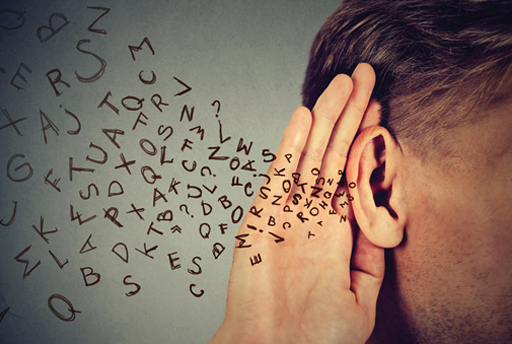6 Active listening: more than paying attention
The skill of active listening is a key part of helping create genuine two-way communication: it is far more than just paying attention.
This series of three back-to-back sections will explain the detail of active listening. In the first activity, some leading practitioners describe what it is. The second and third sections show an example of poor and then excellent listening in action.
Activity 5 The Professor, Samaritan and sport negotiator
Go to The Why Factor: listening [Tip: hold Ctrl and click a link to open it in a new tab. (Hide tip)] and listen from 03:11 (‘there is research that indicates …’) to 06:15. In this clip, an American Professor of psychology, a volunteer for the Samaritans (a UK charity that provides support for people in distress) and another American academic (a sport business negotiator) describe active listening. How does what they say apply to sport and fitness environments?
Discussion
The Samaritans volunteer gave the clearest summary when she talks about asking open ‘what/why?’ style questions, summarising what the other person has said and reflecting this back to them. This is combined with empathy and recognising that sometimes, silence can be useful. These might all be used to facilitating conversations in sport since they provide true interpersonal interaction rather than a leader or coach being on broadcast mode, i.e. conveying their information.
The sport negotiator viewed empathy as a particularly important aspect of active listening in his work during negotiations or conflict resolution. This is partly about trying to understand and learn as much as possible about the other person’s perspective and demonstrating that that view is being heard and understood correctly. In sport, being able to demonstrate to others that their view has been understood can be particularly important when dealing with conflict. There are many other useful insights in this programme which we recommend you listen to in full or use as a resource with others.

